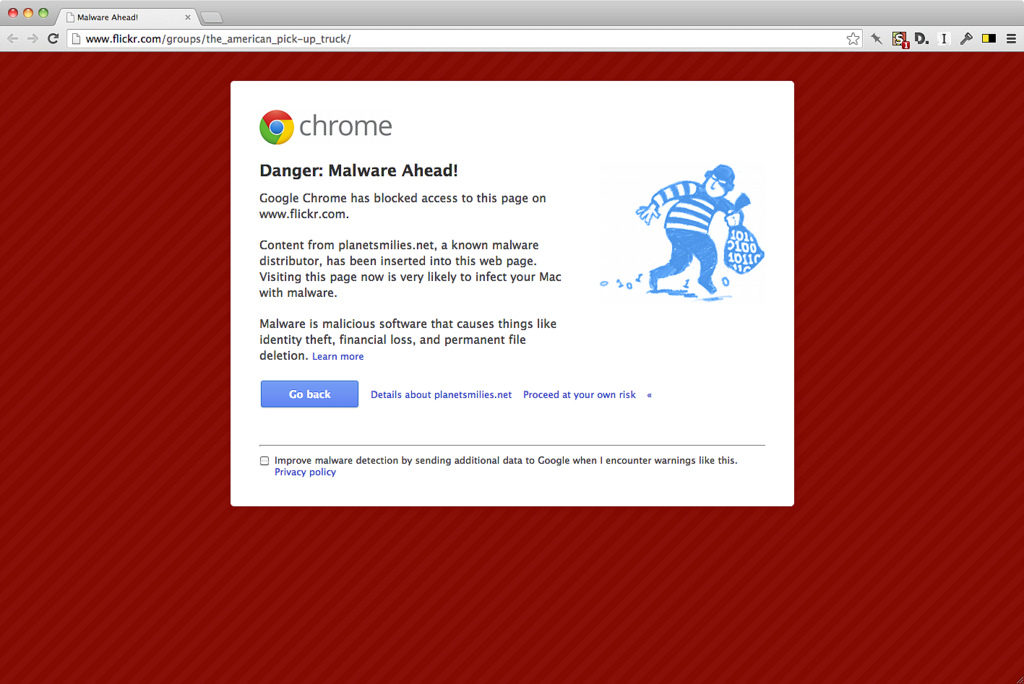Website security for your small business is like the lock on your home’s front door. You wouldn’t feel comfortable leaving your door unlocked for months – or even days – would you?
In reality, ignoring website security is even worse than this. It’s more like leaving your door wide open in a neighborhood full of criminals. It only takes a few bad apples to wreak havoc and hackers are pros at maximizing their impact.
Unfortunately, many small businesses prefer to leave their website doors open and ignore the risks. You’re not one of the many though. You’ve taken a step in the right direction and have chosen to inform yourself!
What a Security Breach Could Cost You
1. Customers and sales.
Even trusted website giants like Amazon offer security measures like two-factor authentication. Consumers are much more likely to trust well-known websites like Amazon, shouldn’t you be taking steps to prove your small business website is safe?
This is even more crucial if you own an eCommerce website and accept payment online. Users won’t be eager to hand over their credit card information unless they trust your website.
2. Google’s approval.
Google’s priority is the user experience of searchers. It’s no surprise that Google is not a fan of unsafe websites that are sure to end in poor user experience.
If Google deems your website unsafe, it may begin warning users that your website has malware and add it to a list of infected sites within minutes of detection. Risking Google’s approval is practically a death wish for your website.

Yes, your site will technically exist on the web somewhere, but new visitors and many existing customers will be unable to find you (or not want to with the kind of greeting shown above).
3. Brand identity and reputation.
Visiting a site only to find it has been taken down by #hackers doesn’t result in the best impression.” #websecurity
@osc_webdesign
Even if nobody visits your website while it is down to notice it’s been hacked, you’re often legally required to inform users of data breaches if their information was collected. This is a conversation most small businesses wish to avoid.
What is considered personal information and a security breach?
BakerHostetler, an American law firm, outlined the following based on the definition commonly used by most states (to be used as a guide, not as legal advice):
Personal Information: An individual’s first name or first initial and last name plus one or more of the following data elements: (i) Social Security number, (ii) driver’s license number or state issued ID card number, (iii) account number, credit card number or debit card number combined with any security code, access code, PIN or password needed to access an account and generally applies to computerized data that includes personal information.
Breach of Security: The unlawful and unauthorized acquisition of personal information that compromises the security, confidentiality, or integrity of personal information.
If you live in the U.S. or collect information from U.S. residents, you may be subject to the even stricter definitions of personal information made by most states in this data breach document.
4. Time and peace of mind.
Discovering that your website’s security has been compromised is enough to put your stomach in knots.
You realize that every minute your website is down you may be missing an opportunity to convert a visitor. The hacker has complete control of your website and can do as they please.
In this state of mind, you have to begin a frantic search to find a web developer to help. Forget about sound references, forget about thorough contracts.. You need help- and fast!
Don’t put yourself through this. Go about your day confidently knowing your stomach will never be in knots, at least not from your website.
Hackers Don’t Only Target Big Companies
Maybe you’re thinking, “Why would anyone want to hack my website?”
Hackers have a long list of reasons for hacking websites. Information like credit card numbers, names, addresses, social security numbers, passwords, emails, and more can help hackers steal both a victim’s money and identity.
Even if you don’t have any personal data whatsoever on your website, there are plenty of hackers that do so simply for the fun of it. If you think website security is only necessary for big companies, think again.
According to a report from Symantec, small businesses are targeted by cyber attacks more than both medium and large companies!
#cyberattacks targeting #smallbusinesses grew from 18% in 2011 to 43% in 2015.. Secure your website! #websitesecurity
@osc_webdesign
Too many small businesses have been through the pain of a website security breach. Luckily, you don’t have to. Investing in the right website security will act as a fortress for your valuable information. Contact us today for affordable and reliable website security!


